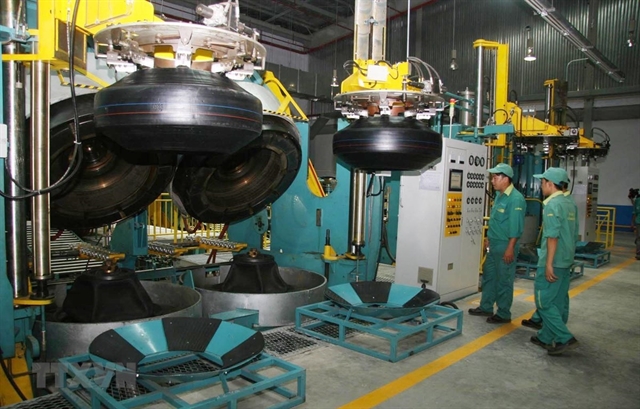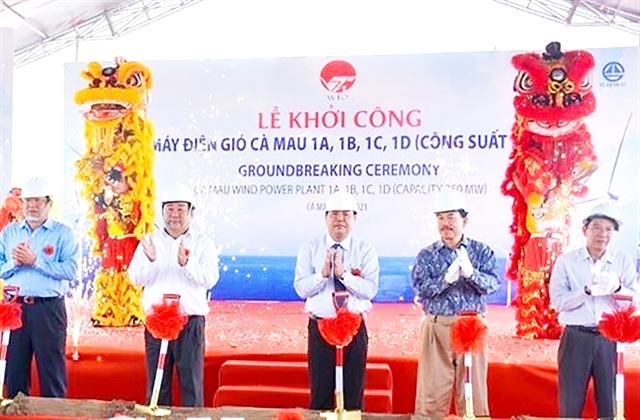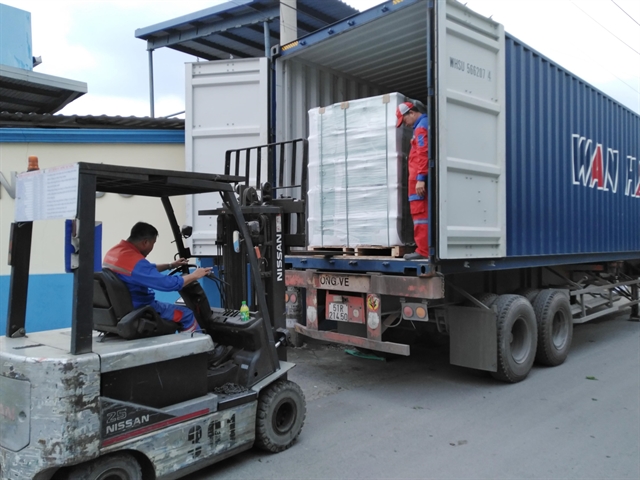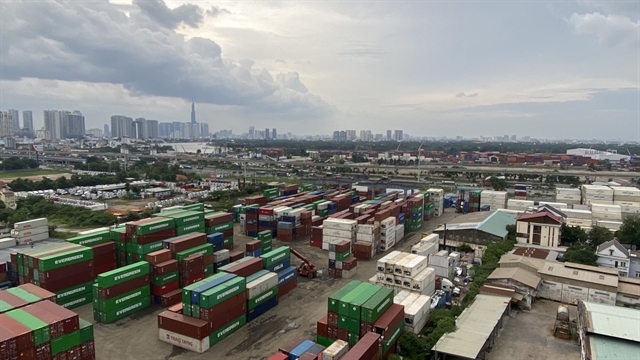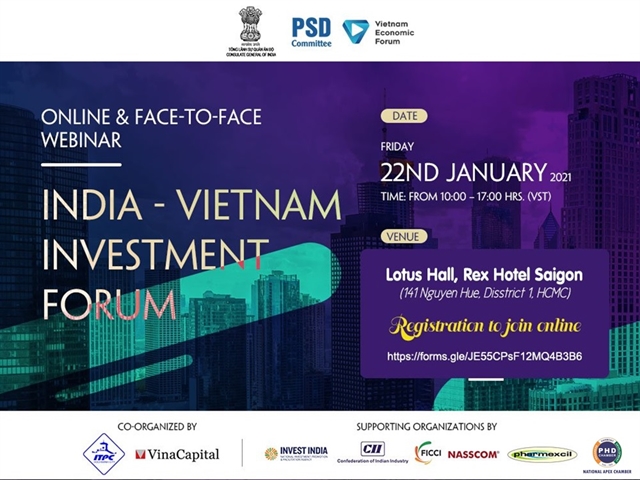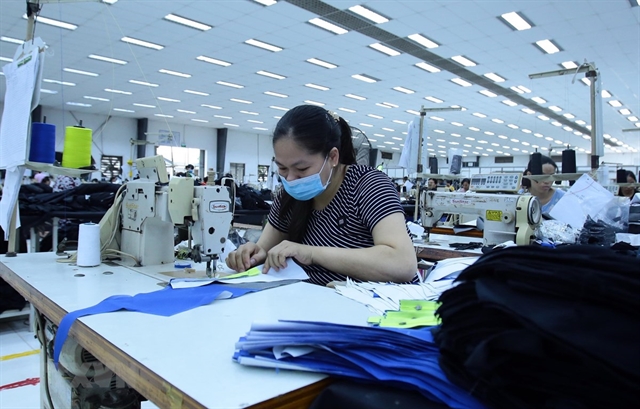
HCM CITY — Some 98 per cent of business executives in Việt Nam already have plans to adopt more digital technologies and tools, a study has found.
‘Supply Chain Digitisation: A Shift from Driving Efficiency to Building Resilience’, done by TM Insight, an Asia Pacific consulting company, found that digitisation of supply chains has emerged as one of the key priorities to not only achieve operational efficiencies and meet rising demand, but also to future-proof businesses.
Vietnamese businesses that had not adopted any form of digitisation in their supply chains prior to COVID-19 were now considering options to improve productivity and also cope with the upswing in consumer demand and reduced manpower due to distancing measures.
More than 82 per cent of business leaders in Southeast Asia were planning to adopt more forms of digitisation in their supply chains.
This was to enable them to better overcome challenges and changing consumer trends brought also by other significant events in 2020.
They also acknowledged the impact digitisation could have on the long-term resilience of their supply chains.
James Christopher, president, TM Insight Asia, said the insights confirm the increasing importance of an agile and digitally equipped supply chain to weather unprecedented crises.
“Supply chains in Southeast Asia are critical to the movement of goods globally and the industry landscape has undergone seismic shifts this year, mainly because of COVID-19. While e-commerce was already on the rise pre-pandemic, changing consumer demands and trends, coupled with added pressures from health and safe distancing measures, have pushed supply chains to new limits.
“As a result, business leaders are now looking at different options to future-proof their supply chains against potential risks for the long-term,” Christopher said.
Referring to insights from the report, he said businesses recognise that going digital could enable a more holistic view of what is happening within supply chains, thus providing the ability to better anticipate challenges and periods of change and weather future shocks.
Leaders are anticipating not only a general increase in digitisation within supply chains, but also greater adoption of omnichannel models, investment in dark stores and use of automation, data analytics and telematics, he said.
“In particular, industry leaders have observed that businesses that invested in an omnichannel model early have come out of the pandemic situation relatively unscathed.
“These businesses were able to get ahead of big increases in demand, drive more sales and enhance customers’ experiences. Through our own work, we are seeing increased adoption of these models and expect it to accelerate in the near future.
“Understanding these insights, the team at TM Insight Asia is looking forward to working with businesses across the region to further optimise their supply chains as the world steps into a new normal.”
The report analysed current sentiments among industry experts and over 250 business decision makers in the fast-moving consumer goods, logistics, ecommerce, retail, and manufacturing sectors in Singapore, Việt Nam, Indonesia, Malaysia, and Thailand. — VNS
